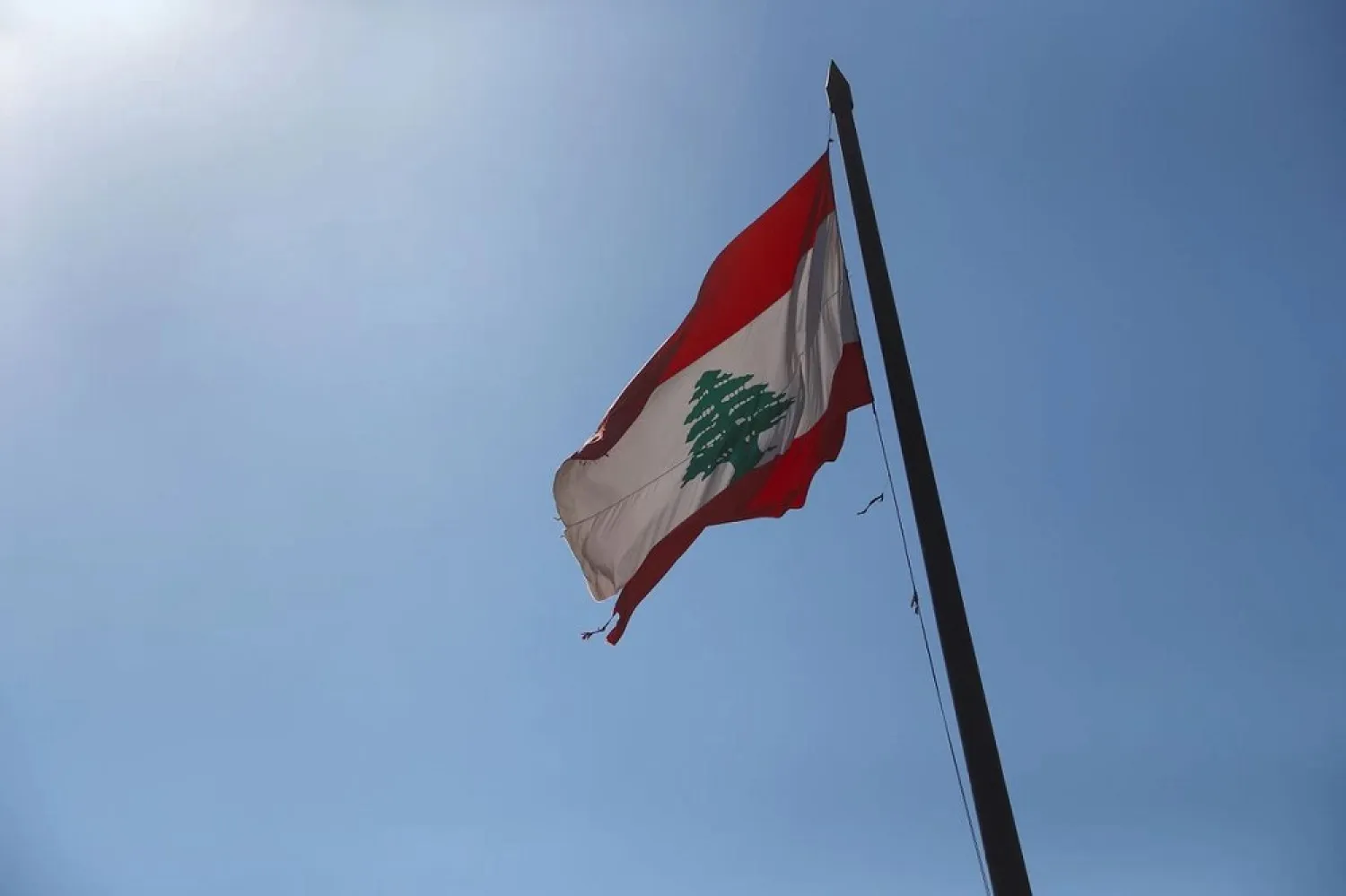Lebanon’s crisis with Gulf states is at a standstill, especially in wake of Hezbollah’s Secretary General Hassan Nasrallah's comments in support of Information Minister George Kordahi.
“We supported the position of the Minister of Information not to resign, and we refuse that he should be dismissed. Here lies the national interest,” Nasrallah said in a recent televised speech.
Kordahi, who has been urged to submit his resignation by Prime Minister Najib Mikati and other Lebanese parties over his harmful remarks against Saudi Arabia, reiterated that he would not make such a move unless he receives a guarantee that it would open the way for a solution to the crisis.
Following a visit to Speaker Nabih Berri on Friday, the minister told the reporters: “I did not raise the issue of resignation and if we obtain the guarantees that I conveyed to Patriarch Mar Beshara Boutros Al-Rai, then I am ready… I am not willing to challenge anyone, neither the Prime Minister nor the Kingdom of Saudi Arabia, which I respect and love.”
On the government’s failure to convene, Kordahi said: “The government’s problem is not me. The government has failed to convene even before my interview surfaced.”
Kordahi’s visit came hours after Nasrallah’s speech, in which he said he wanted to calm tensions.
However, some political figures said that his statements reflected more hardline stance, while others read them as a prelude to a solution.
Saudi Ambassador to Lebanon Walid Bukhari said on Twitter: “There is a huge difference between denying reality and trying to justify it and inciting against it...!”
Sources in the Free Patriotic Movement (FPM) saw that Nasrallah’s “non-escalatory” words have opened the door to a truce ahead of discussing a solution.
In remarks to Asharq Al-Awsat, the sources said: “There is an undeclared calm and truce, in contrast to Hezbollah’s escalation last week.”
Political analyst and university professor Makram Rabah does not see a difference or change in the threatening words of the Hezbollah leader.
He told Asharq Al-Awsat that Nasrallah’s opposition of Kordahi’s resignation show that there is no desire for reconciliation or calming the situation.
“His direct attack and threat are the best evidence that the Lebanese state is hijacked and that its national interest is being held by the Iranian Revolutionary Guards and (Hezbollah),” he stated.









